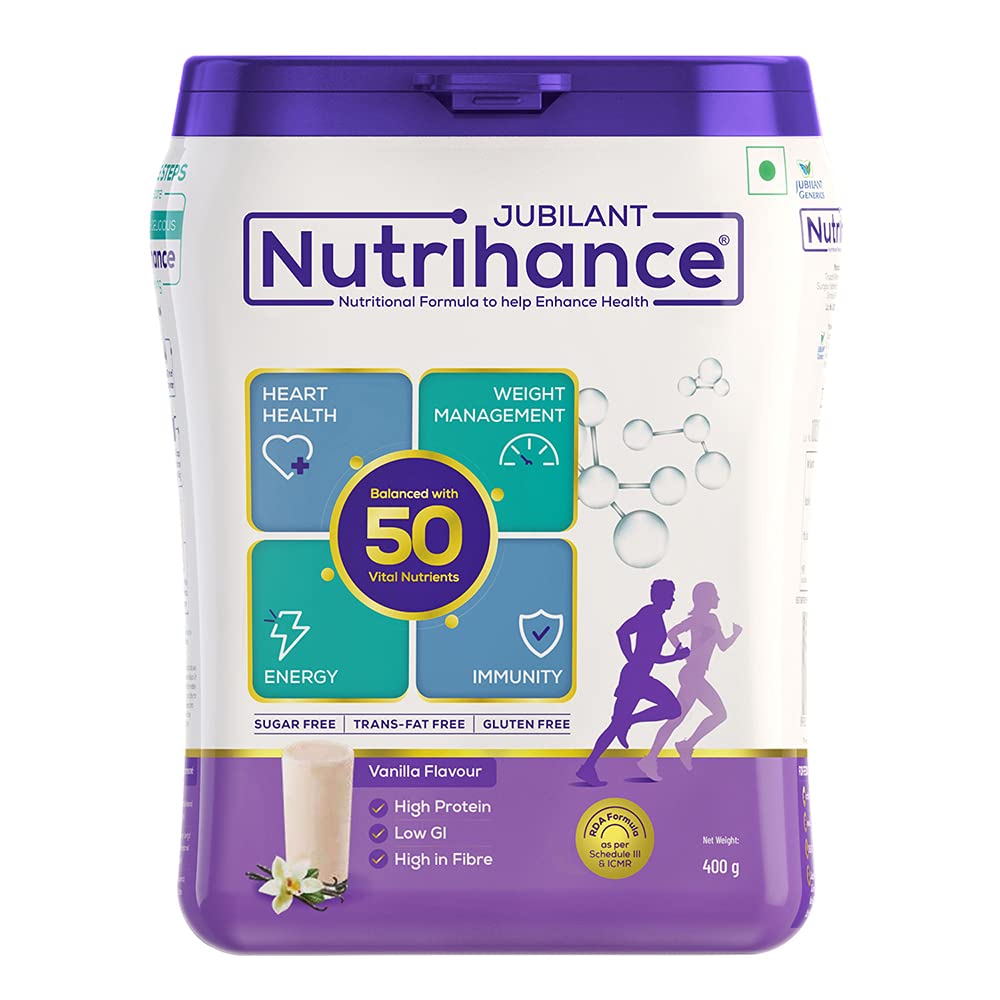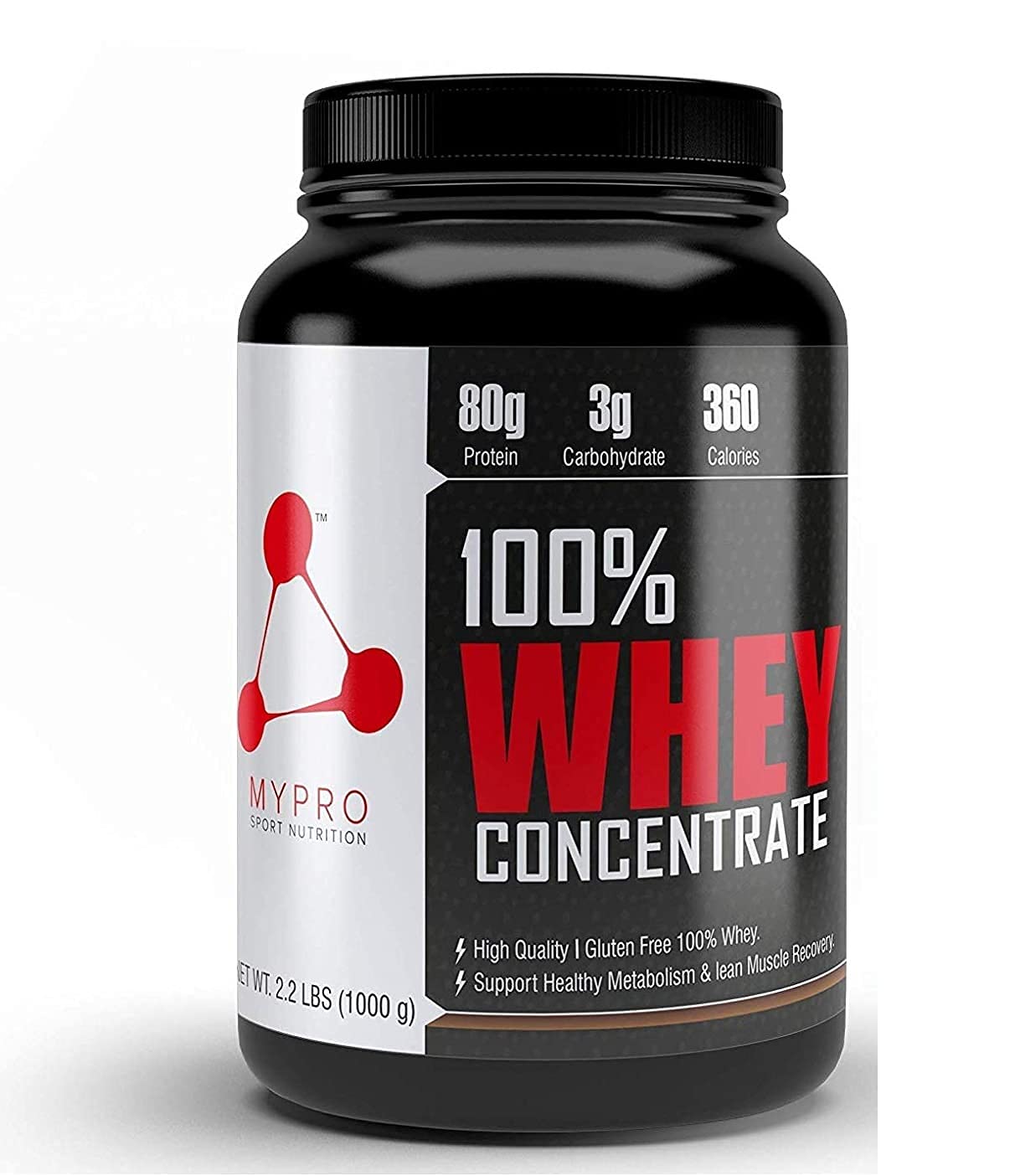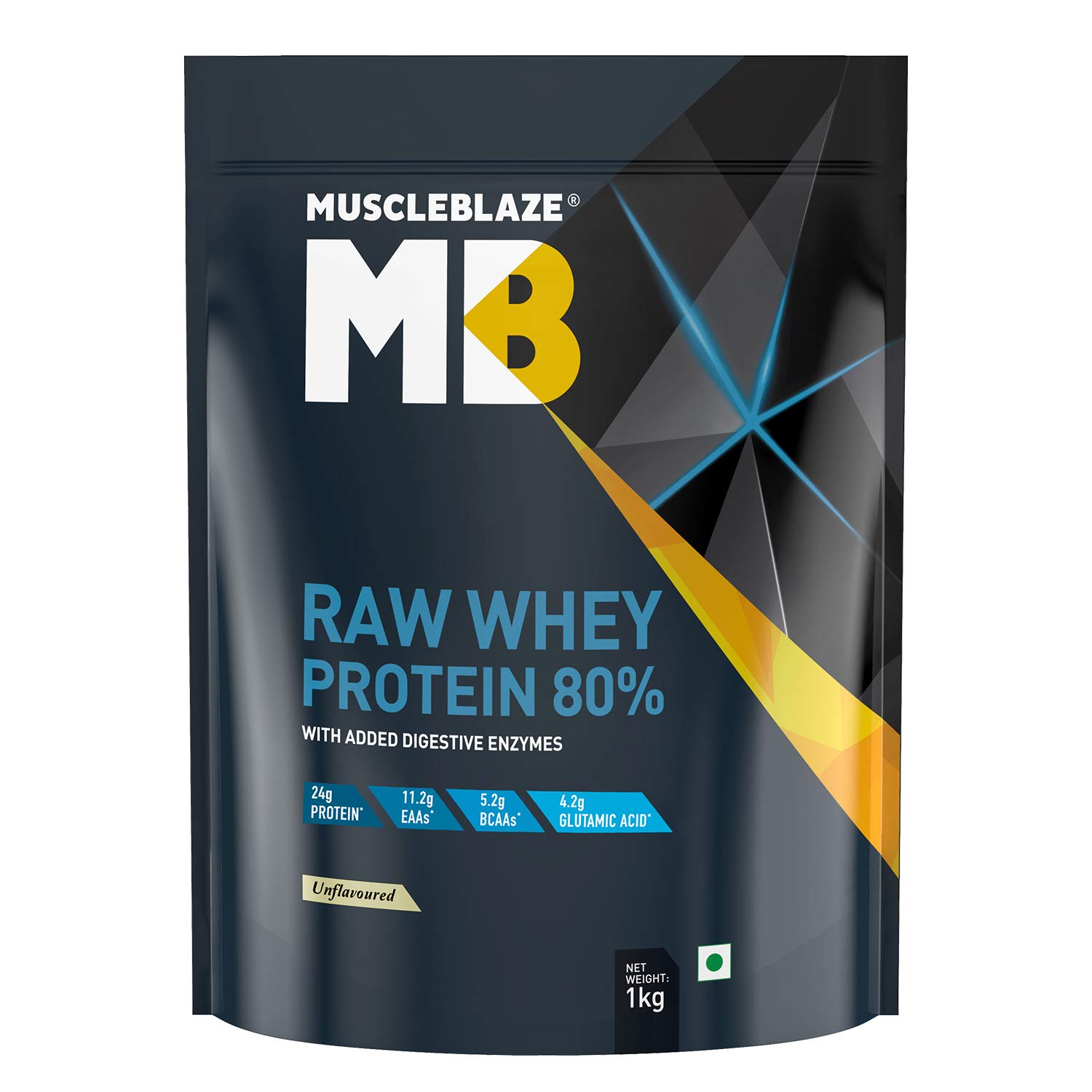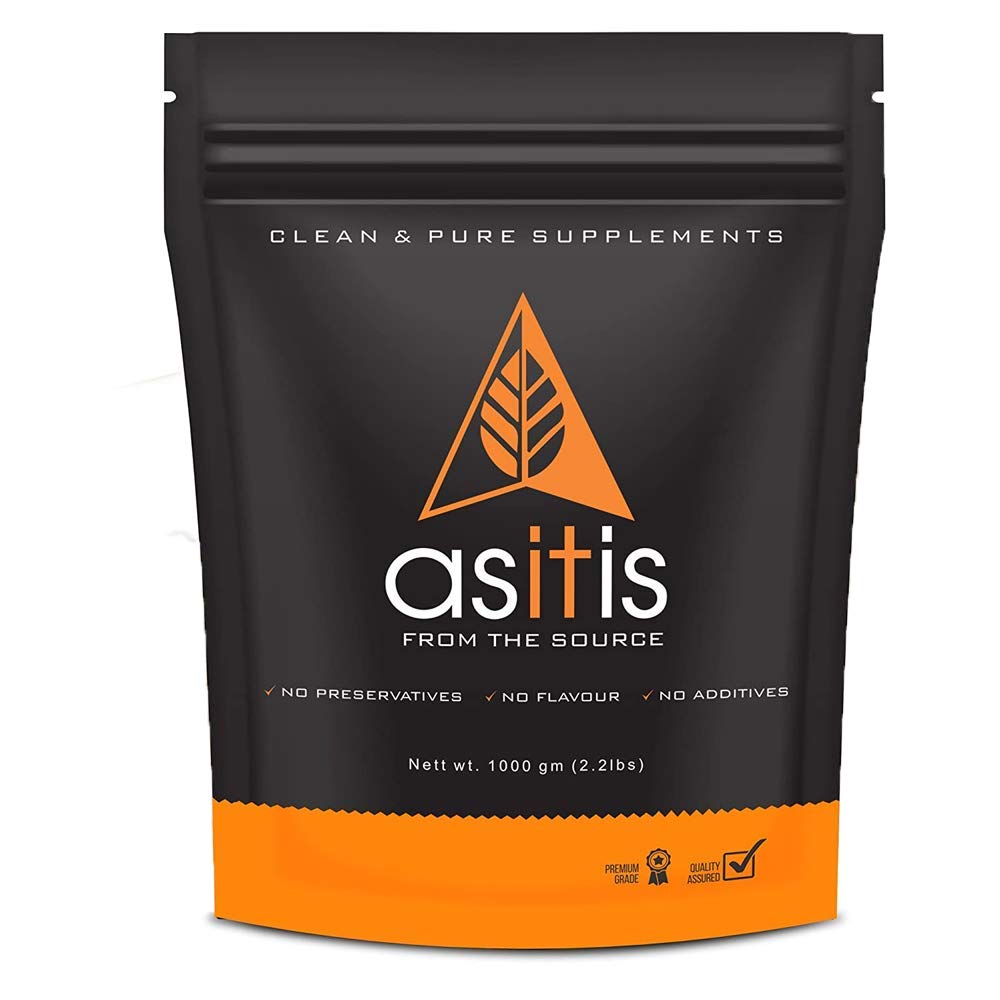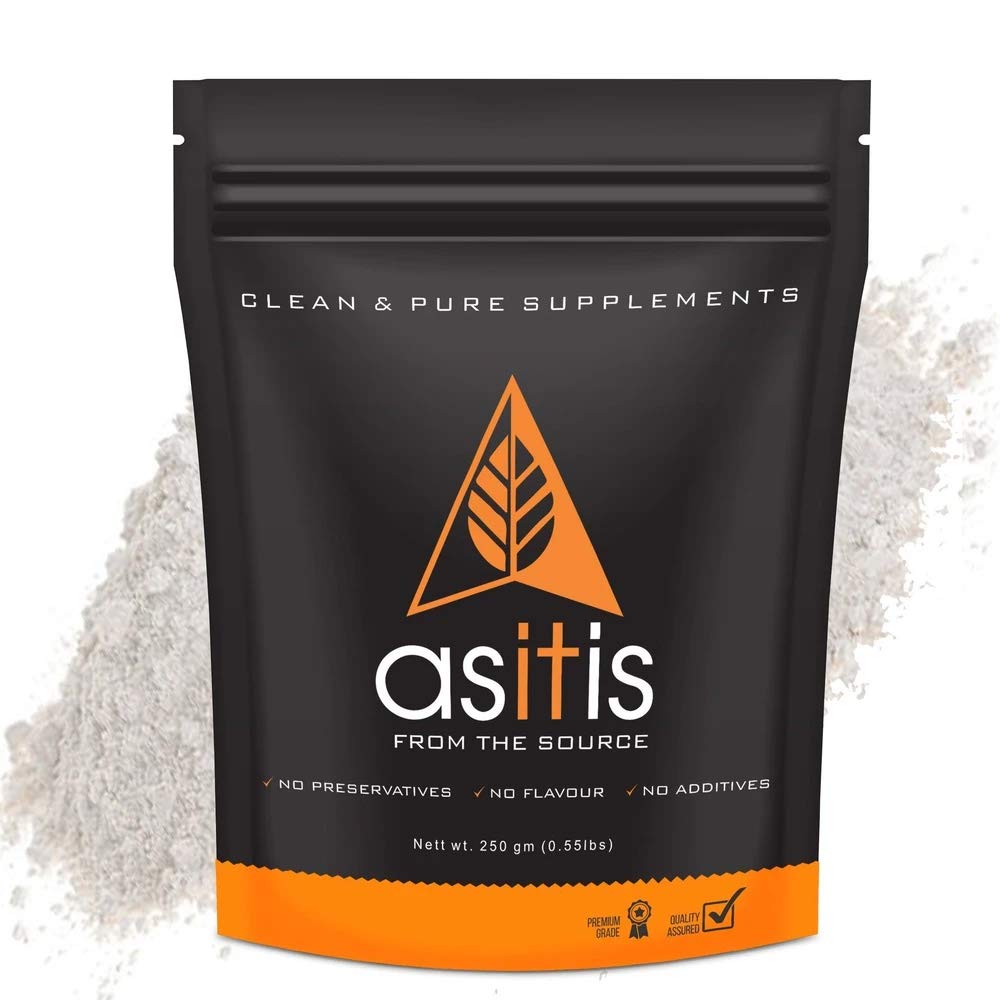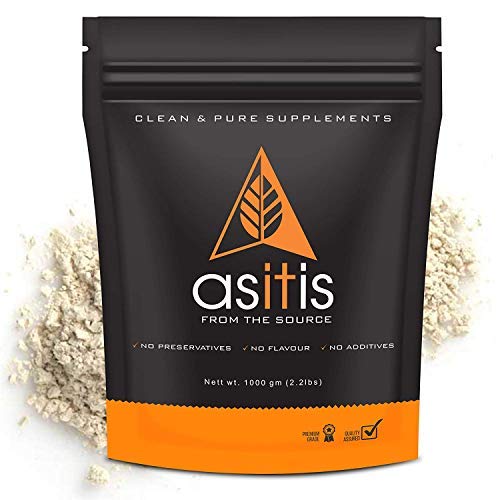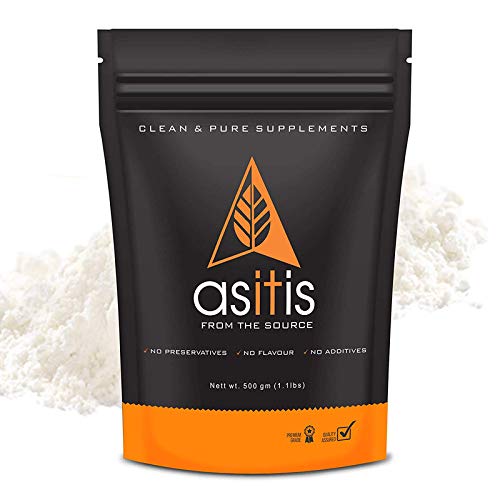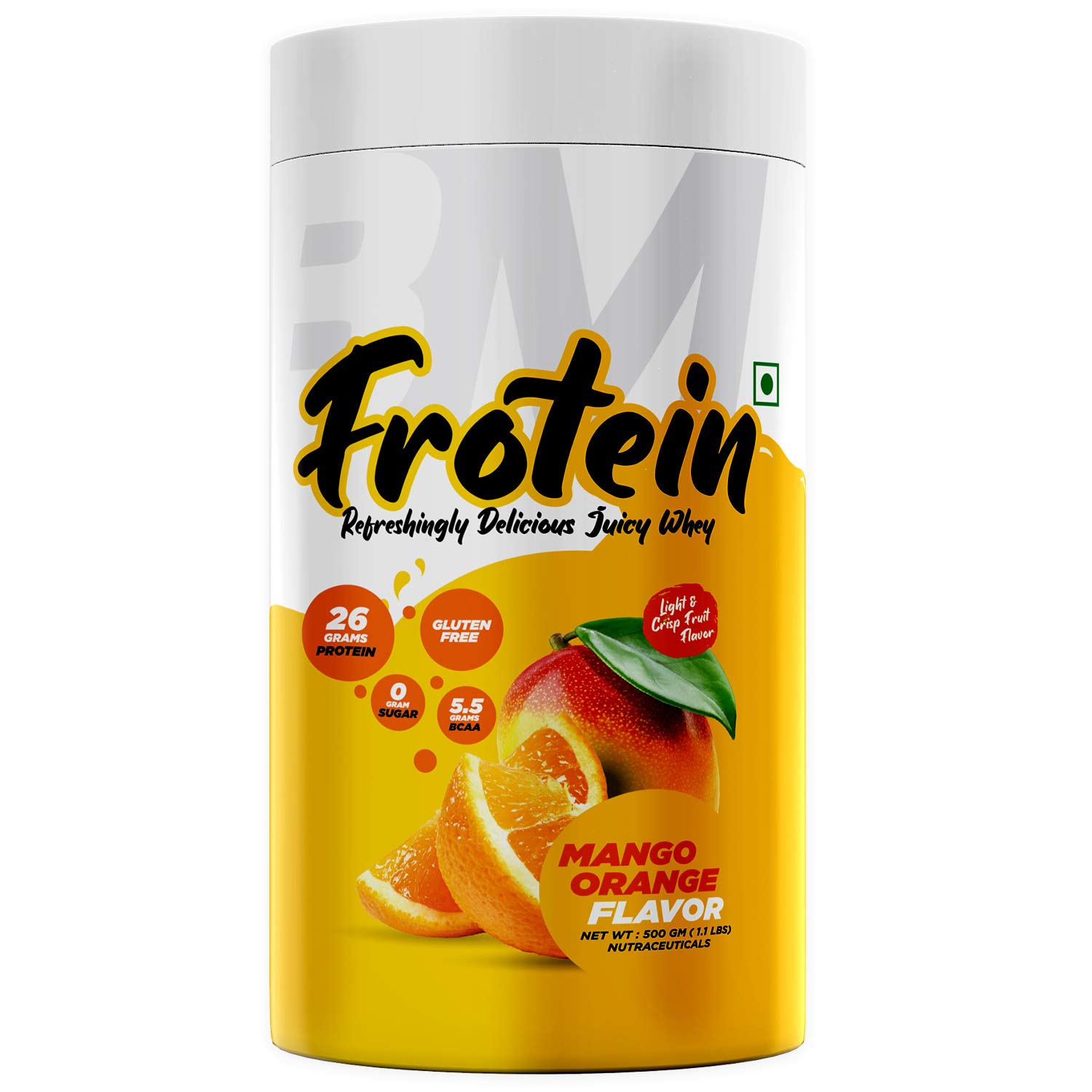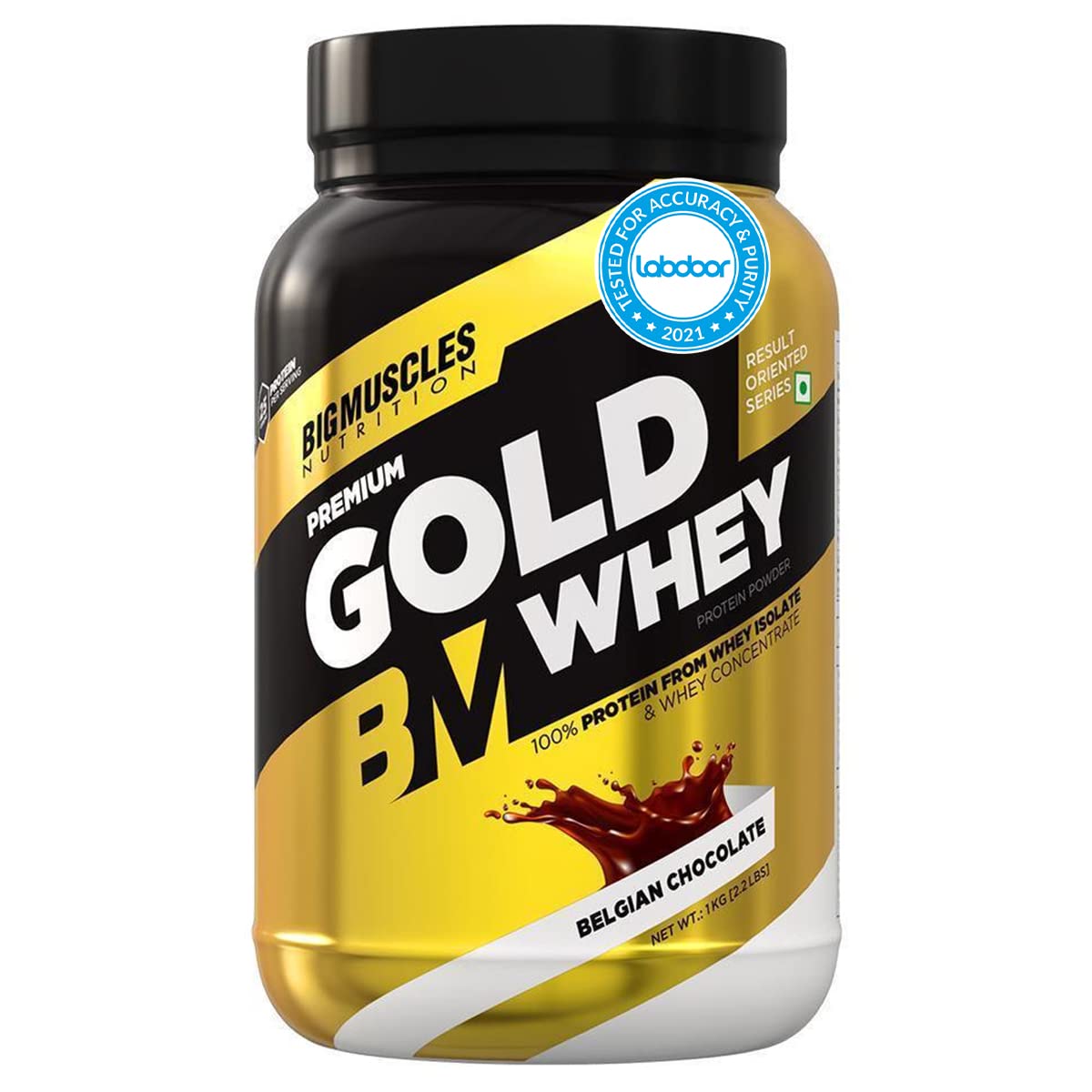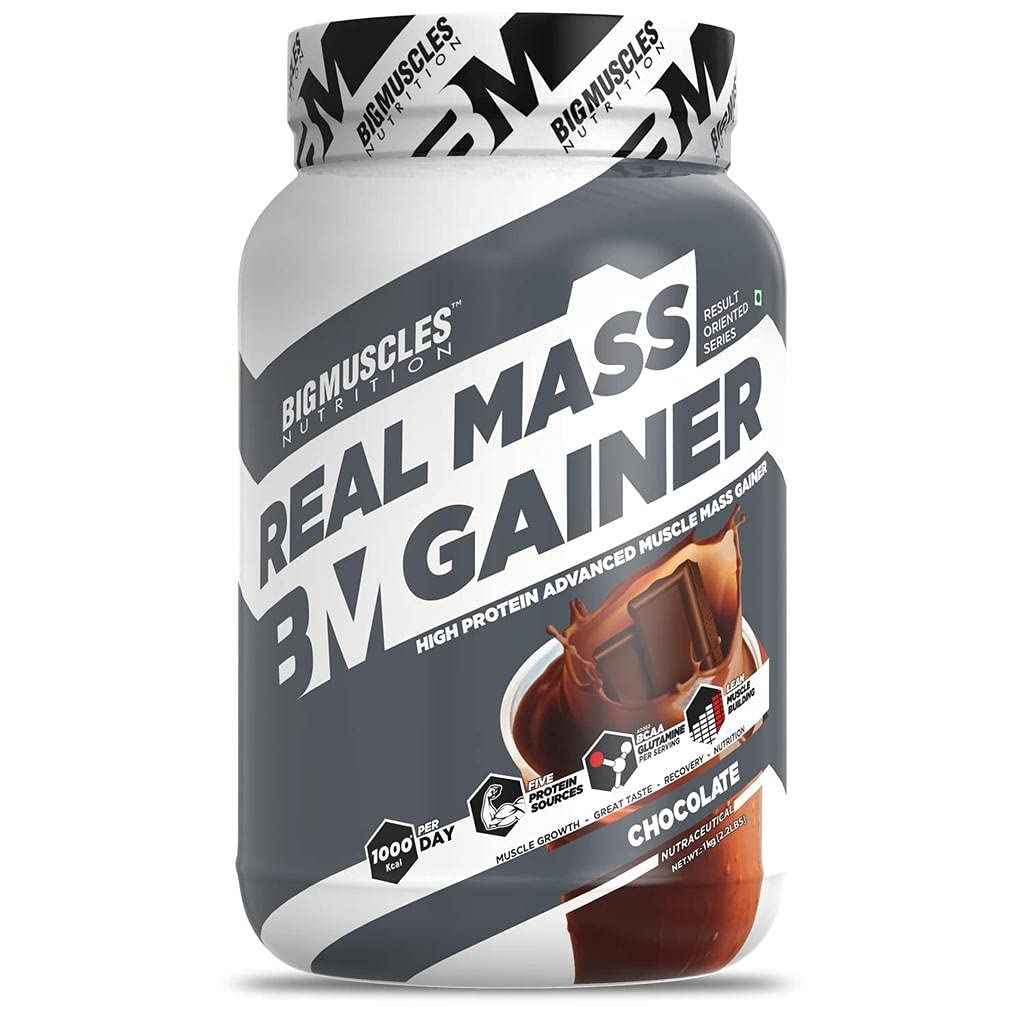Valine
Macronutrient
Last update date: October 11, 2023
It is an essential amino acid because your body does not make it and you need to take it through your diet. It is a branched-chain amino acid.
Frequently Asked Questions
1.
What is Valine?
Valine is an essential amino acid, which means your body cannot produce it on its own and must obtain it from food sources. It is one of the branched-chain amino acids (BCAAs) along with leucine and isoleucine. Valine plays a crucial role in muscle growth, repair, and overall protein synthesis. It also contributes to energy production and helps maintain the nitrogen balance in your body.
2.
What is positive impact of Valine?
Valine offers several benefits to your body, especially when it comes to muscle health and physical performance. Here's how it positively impacts your well-being: Muscle Growth and Repair: Valine plays a key role in stimulating muscle protein synthesis, which is vital for muscle growth and repair. It helps to rebuild and recover muscle tissues after physical activities, making it essential for athletes and fitness enthusiasts. Energy Production: Valine can be converted into glucose when your body needs an additional energy source during intense workouts or times of increased energy demands. This can aid in sustaining endurance and overall athletic performance. Mental Function: Valine, along with other BCAAs, is involved in maintaining proper brain function and cognition. It can cross the blood-brain barrier and is a precursor to neurotransmitters that support mental focus and alertness. Immune Support: Valine is crucial for the production of antibodies and immune system function. It helps defend your body against infections and illnesses, keeping you healthier. Blood Sugar Regulation: Valine, together with other BCAAs, contributes to insulin sensitivity, which helps in maintaining stable blood sugar levels.
3.
What is negative impact of Valine?
While valine is essential for your health, excessive intake through supplements or specific medical conditions can lead to potential negative impacts. It is important to be aware of the following: Neurological Issues: High levels of valine, particularly in people with certain metabolic disorders, can lead to neurological issues. In conditions like maple syrup urine disease (MSUD), the body cannot properly break down valine and other BCAAs, leading to a buildup of harmful substances in the blood and brain. Liver Stress: Excessive consumption of valine supplements may put stress on the liver as it needs to metabolize the surplus amino acid. People with liver problems should be cautious about supplementing with individual amino acids. Imbalance with Other Amino Acids: Amino acids work together in a delicate balance, and an excessive intake of valine might disrupt this balance, affecting protein synthesis and overall health.
4.
Who should avoid Valine?
Valine can be found in a variety of food sources, making it easy to incorporate into your diet. Here are some common sources: Meats: Lean cuts of beef, chicken, turkey, and pork provide a good amount of valine. Fish: Tuna, salmon, and cod are excellent sources of valine, along with omega-3 fatty acids. Dairy Products: Milk, cheese, yogurt, and other dairy products offer valine, calcium, and protein. Legumes and Nuts: Lentils, chickpeas, almonds, and peanuts are plant-based sources of valine, packed with fiber and nutrients. Whole Grains: Brown rice, quinoa, oats, and whole wheat contain valine, complex carbohydrates, and fiber. Eggs: Eggs provide valine and a complete range of amino acids. Soy Products: Tofu, tempeh, and other soy-based products are rich in valine and popular among vegetarians and vegans.
5.
What are common sources of Valine?
Valine can be found in a variety of food sources, making it easy to incorporate into your diet. Here are some common sources: Meats: Lean cuts of beef, chicken, turkey, and pork provide a good amount of valine. Fish: Tuna, salmon, and cod are excellent sources of valine, along with omega-3 fatty acids. Dairy Products: Milk, cheese, yogurt, and other dairy products offer valine, calcium, and protein. Legumes and Nuts: Lentils, chickpeas, almonds, and peanuts are plant-based sources of valine, packed with fiber and nutrients. Whole Grains: Brown rice, quinoa, oats, and whole wheat contain valine, complex carbohydrates, and fiber. Eggs: Eggs provide valine and a complete range of amino acids. Soy Products: Tofu, tempeh, and other soy-based products are rich in valine and popular among vegetarians and vegans.


